Loki is a must-see MCU story, no matter what sort of Marvel fan you might be. If you follow every new release, you probably haven’t skipped this hotly anticipated TV show. But if you pick and choose your MCU stories, you should definitely have Loki on your radar. The story is complete now that the Loki season 2 finale is streaming on Disney Plus. And if you already thought that Loki influences the MCU’s past, present, and future, well, season 2 will further reinforce that idea.
In what follows, I’ll give you the biggest takeaways from the season 2 finale titled Glorious Purpose, which shouldn’t be confused with season 1 episode 1, also titled Glorious Purpose.
Big spoilers from Loki and the entire MCU will follow below.
The fact that Loki starts and ends with the same episode title is enough to tell you this is a complete two-part MCU story. It also teases the time travel that Loki (Tom Hiddleston) has started to master in episode 5. He’s now able to control his time-slipping and also stop time around him. He’s a more complete hero than the Loki variant who died in Infinity War.
Given what happened in the season 2 finale, I feel there’s no need for a third installment. What Loki & Co. did during these 12 episodes changed the MCU completely. And it all happened without anyone in these timelines realizing what was going on.
The natural evolution from Loki is the next Avengers adventure, starting with The Kang Dynasty and ending with Secret Wars. The Loki season 2 finale doesn’t even have a credits scene, nor does it need one.
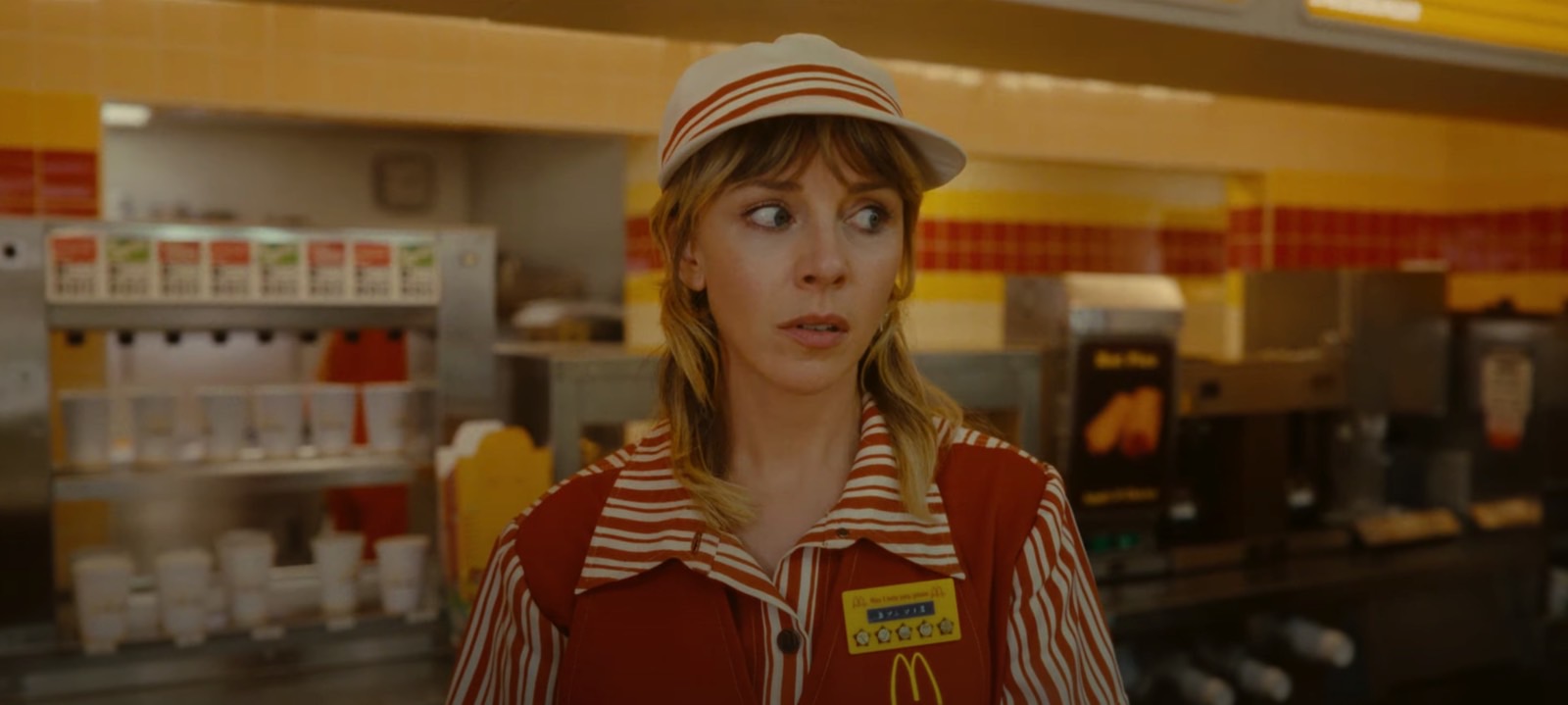
Loki just became one of the biggest MCU heroes
I always knew that Tom Hiddleston would deliver a great Loki performance in season 2, and he absolutely shines through in the finale.
Glorious Purpose is an ode to Loki, offering us the most complex, most exciting, and most heartbreaking transformation of the former antagonist/villain into a loving, selfless hero who is ready to sacrifice himself for the brief good of the multiverse, fully knowing he’s also taking the biggest gamble of his life.
Loki’s arc in Loki is more significant than the one we saw during the Infinity War. That Loki variant pales by comparison.
When the season 2 finale starts, you realize Loki is about to pull a Groundhog Day. Rather than Bill Murray’s Phil being stuck in a small town during a particular winter day, Loki goes to plenty of places trying to fix the TVA’s Time Loom problem. He spent centuries learning TVA engineering, which means Loki could create another TVA from scratch if he wanted to.
When he realizes that fixing the Time Loom isn’t possible, he revisits the Loki season 1 finale, relentlessly trying to stop Sylvie (Sophia Di Martino) from killing Kang (Jonathan Majors). The only solution is sacrificing her, something Kang suggests. It turns out He Who Remains had also set in motion the events that allowed Loki to time-slip and reach this time loop.
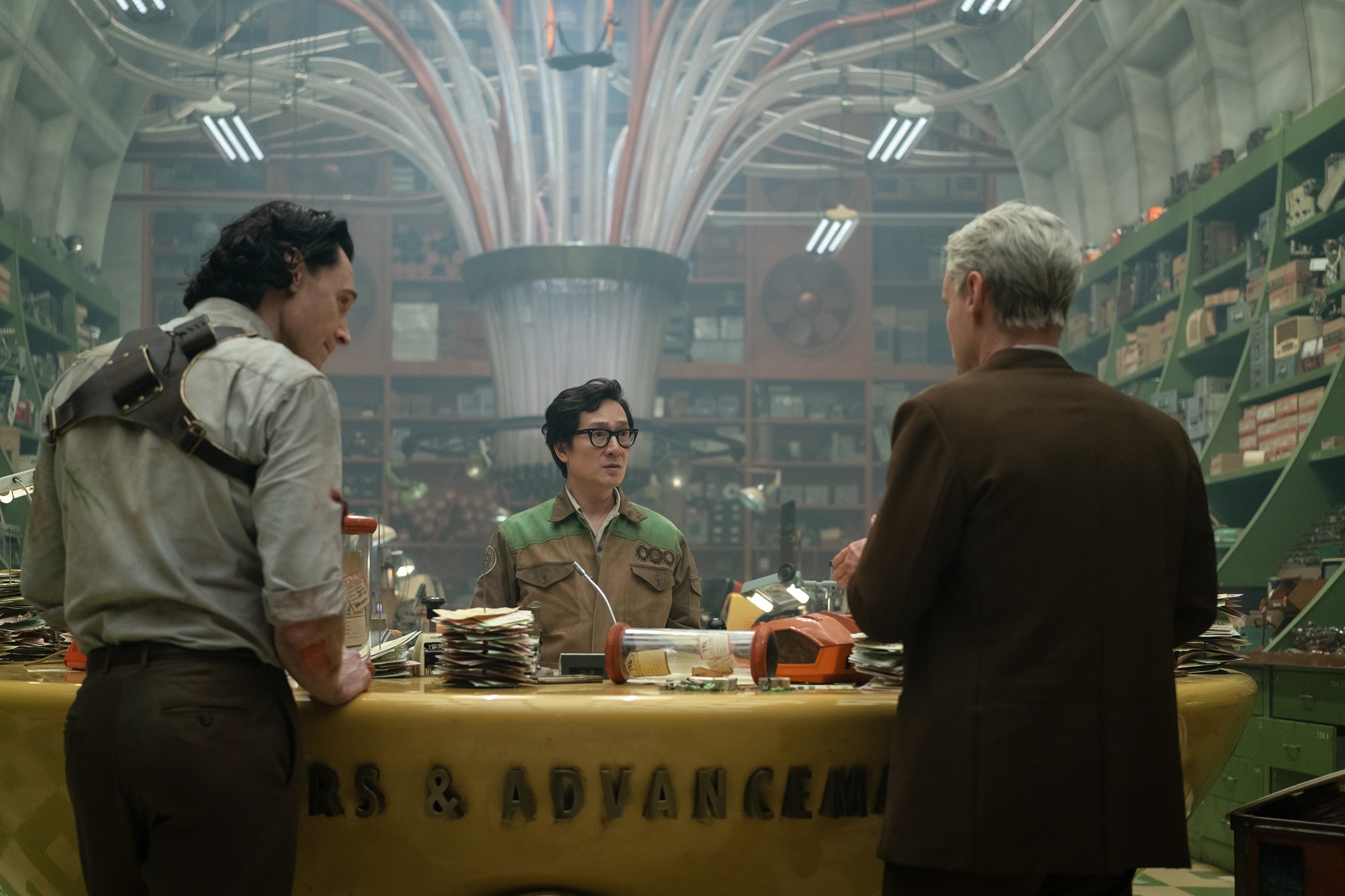
The conversation between them in the season 2 finale echoes the one in the season 1 finale. It’s here that Loki starts discovering how difficult his choice is. Killing Sylvie or destroying the Time Loom could save the entire multiverse. But neither is a guarantee, especially the latter, which Loki chooses.
At this point, you realize, once again, that He Who Remains and Loki are plenty alike. Though their methods might differ, they have the same (glorious) purpose.
After chatting with Mobius (Owen Wilson) and Sylvie, Loki makes the touch sacrifice. He chooses to destroy the Time Loom even if that means briefly endangering all the timelines. The Time Loom would have killed those alternate realities by design, so this was the only way to preserve multiversal life while simultaneously knowing that multiversal wars are inevitable.
By the end of the episode, we’re many centuries later than the start of this big adventure. But those centuries passed in a place where time doesn’t really flow. And that’s where Loki chooses to spend what will be an eternity of sorts, leaving the timelines alive and waiting. That’s what sort of god he has to be.
What’s incredibly sad here is that Loki ends up all alone despite having tried so far to save all his friends and be around them. Even more painful is that nobody except for the TVA knows what Loki did. Thor (Chris Hemsworth) or Iron Man (Robert Downey Jr.) would probably have a hard time believing that Loki is responsible for them being alive and at peace.
Again, the events in the entire Loki happen outside of time. The official MCU chronology places the TV show after Endgame. But only because, from Loki’s initial perspective, that’s where his TVA life starts.
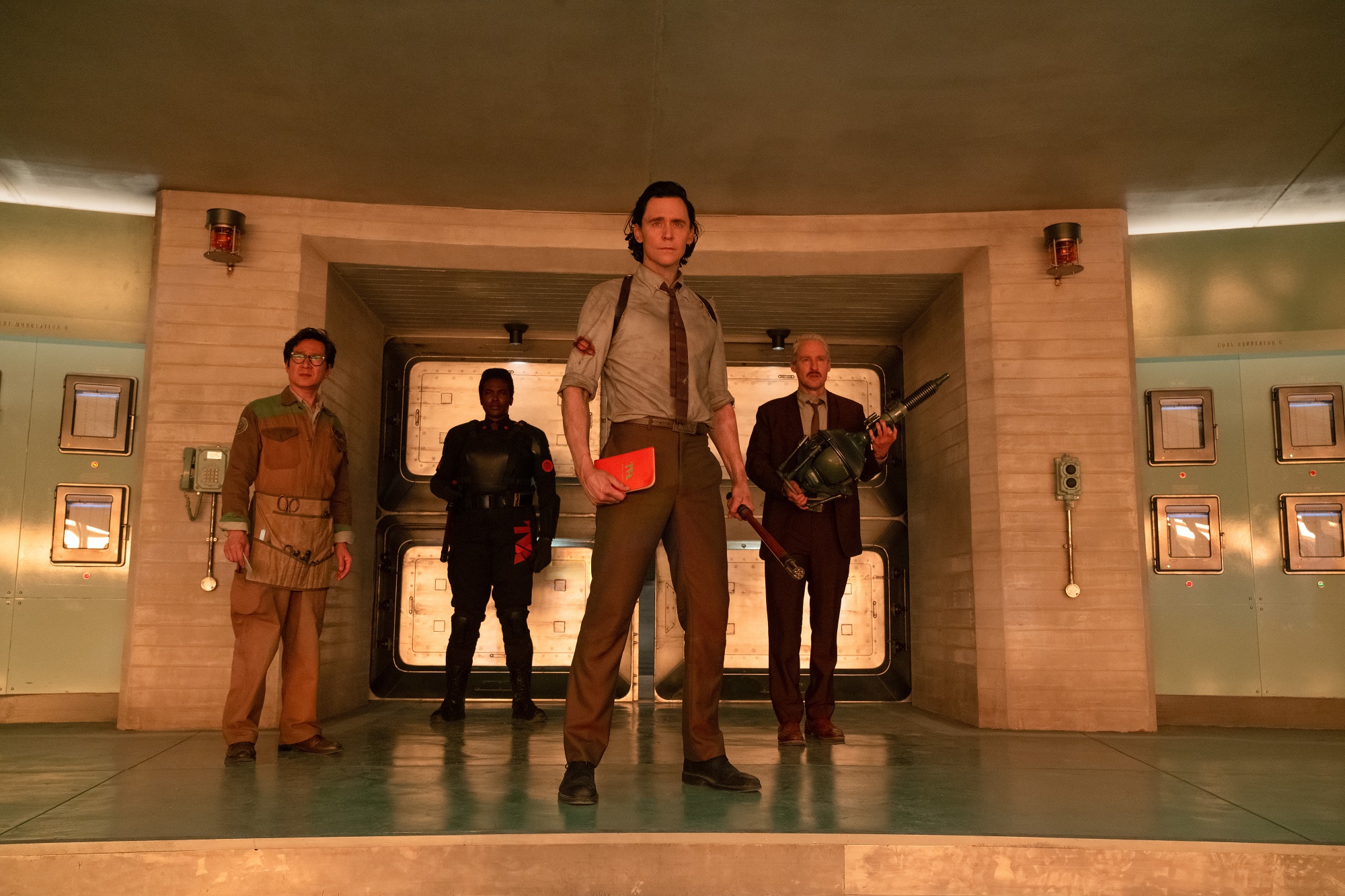
The Kang problem is resolved
The Loki season 2 finale also fixes Marvel’s Jonathan Majors problem. Marvel can choose to recast Kang with a different actor and continue the story, thus freeing itself from Majors’s issues. Obviously, Marvel could keep Majors in place for all future Kang roles. That’s also an option. But the finale also allows Marvel to go in a different direction.
Unfortunately for the Multiverse Saga, the next Avengers film is titled The Kang Dynasty. So, Kangs would have to be involved in such a story.
What I’m getting at is that there’s a lot of maneuver. Kang seemed like the biggest, baddest villain in the MCU so far. But the Loki season 2 finale proves that Kang might have met his match in Loki. The problem is that Loki is kind of stuck at the end of time, holding on to those timeline branches for eternity.
The fix for Spider-Man: Across the Spider-Verse
The multiverse that Loki now holds in his hands looks a lot like the mythical Yggdrasil tree from Norse mythology. A tree that Thor referenced earlier in the MCU. This World Tree contains the universe together, and Loki season 2 practically takes that literally. Yggdrasil now holds the multiverse for however long or brief is needed.
The visual aspect of the multiverse has changed dramatically. That’s what I’m trying to say. And it no longer looks like it did in the finale of Loki season 1. The Sacred Timeline is no longer circular.
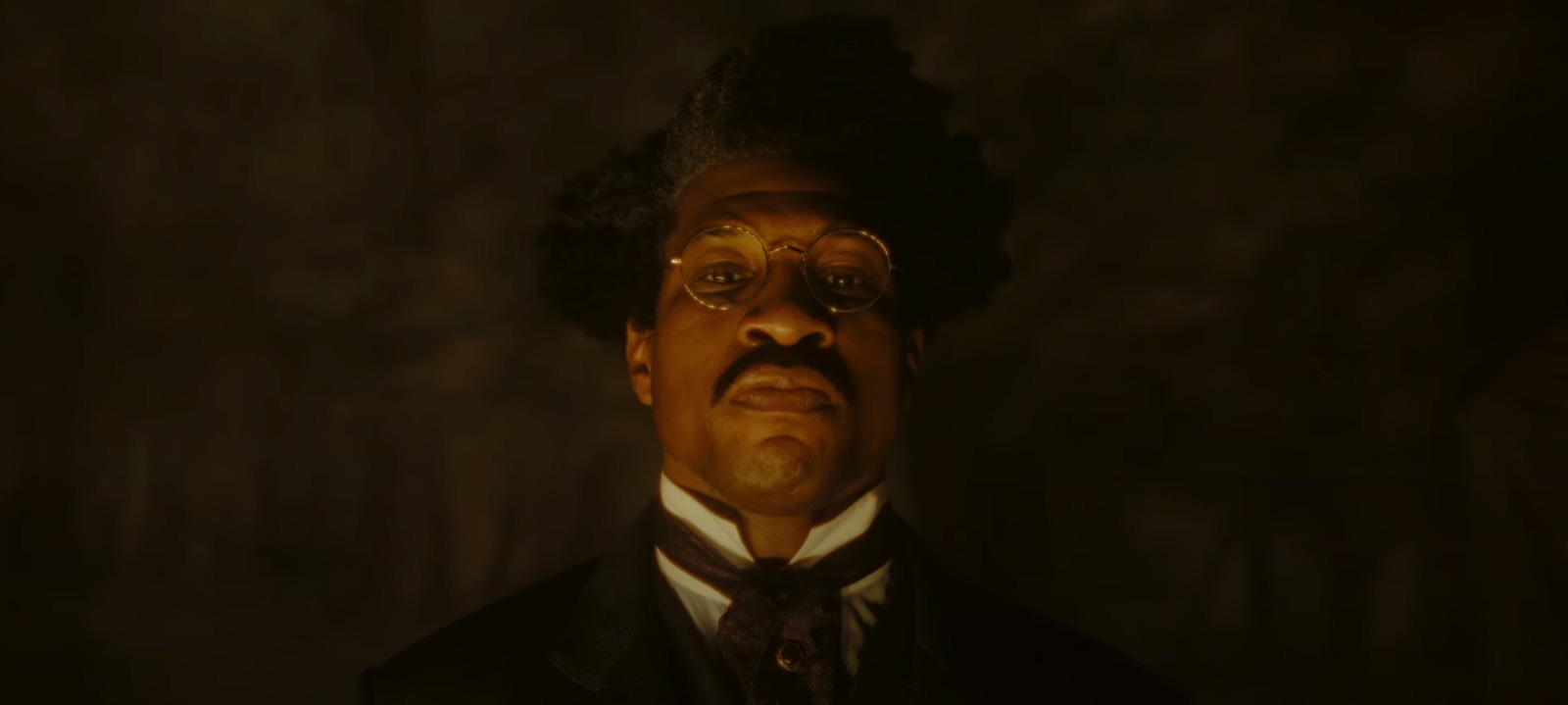
You’ll remember how much I struggled to reconcile the multiverse in Across the Spider-Verse with the MCU multiverse. The former showed a tree-like shape against the circular Sacred Timeline and the sprawling multiverse around it in Loki. Well, the season 2 finale reconciles all of that. And I couldn’t be happier. This anchors the Spider-Verse to the MCU firmly.
The multiverse connections
It’s not just about Spider-Man. I said earlier that Loki doesn’t need a season 3, considering the season 2 finale. Loki managed to avoid the destruction of the TVA, saved the Sacred Timelines and all the emerging timelines, and gave the TVA a new purpose. The organization is now guarding the tree and has a War Room ready.
The TVA is actively monitoring the Kangs of the multiverse, which have not become aware of the TVA’s existence.
While Ant-Man and the Wasp: Quantumania is another big MCU letdown, the Loki finale also addresses that Kang version. And it gives us a lot of information about the Quantum Realm. That’s an Earth-616-adjacent realm. This practically tells us the TVA doesn’t live in the Quantum Realm.
I often said that Kang was responsible for the events in the Infinity War. He paved the way for Loki and Sylvie to get to him. That means he manipulated most of the events in the Infinity War. But the Loki season 2 finale tells us that Loki is practically responsible for what happens in the Multiverse Saga. All the other realities we see in the MCU are alive because Loki keeps Yggdrasil alive.
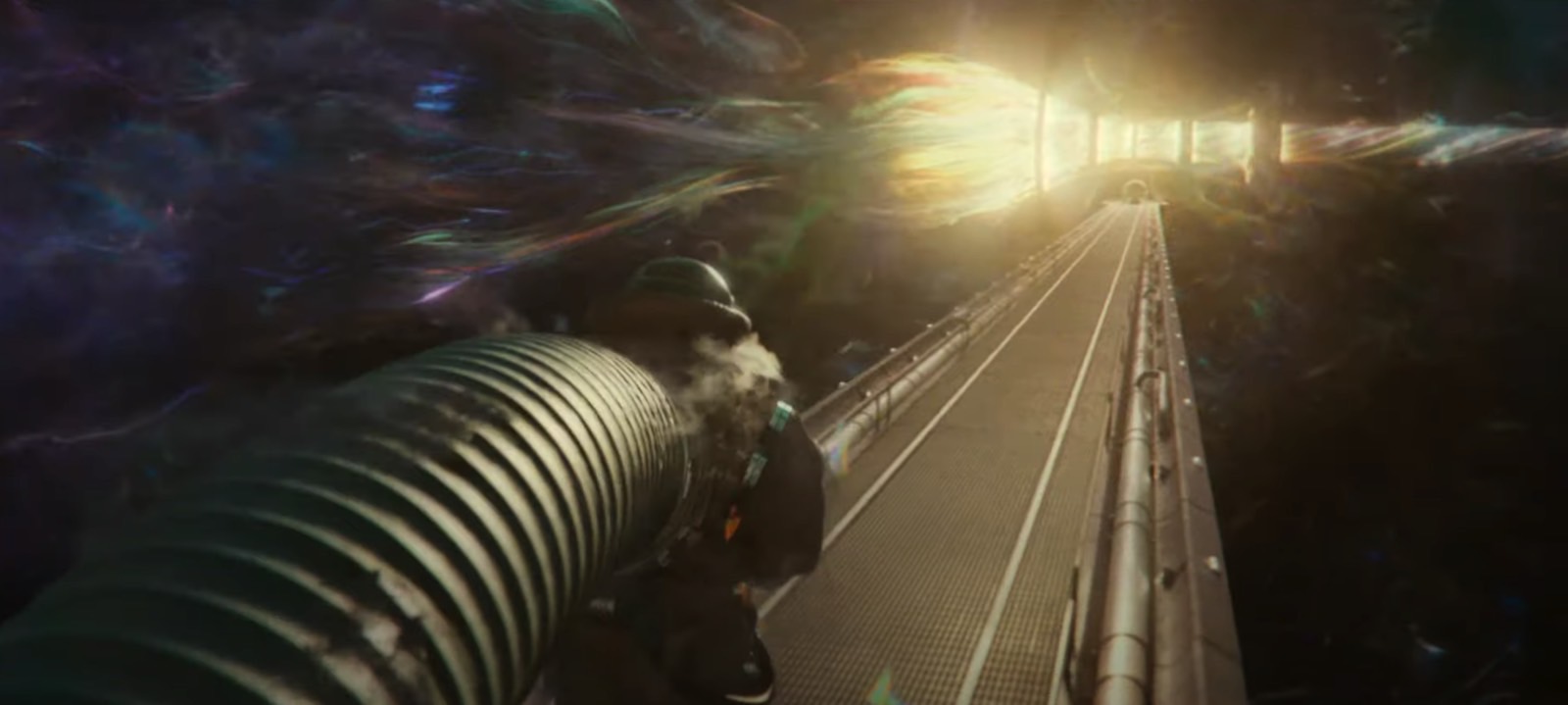
Like Steve Rogers (Chris Evans) retiring to a different reality. Or Doctor Strange (Benedict Cumberbatch) dealing with his share of multiverse adventures. Or the events in What If…? and The Marvels. The latter is playing in theaters right now. And The Marvels brings huge developments for the Multiverse Saga.
The same goes for the Fox universe of Marvel stories. Or Sony’s Spider-Man Universe (SSU). They exist in the big Marvel multiverse because Loki is keeping those realities alive. The Time Loom would have eventually destroyed all branches.
Also, that War Room teases future events involving the TVA. The multiverse wars are still happening, and the TVA will play a role in them.
The Loki characters are available for other MCU adventures
As soon as it was clear to me that Loki would revisit the season 1 finale, as fixing the Time Loom was impossible, I worried that Sylvie would have to die. At least briefly. That didn’t happen. Loki sacrificed his future instead.
Sylvie is very much alive and somewhat well. Whatever happens next in the Multiverse Saga, I’m sure we’ll see her resurface. She still can travel the multiverse at will, one of the few characters with such powers in the MCU.
Also, most of the recurring characters from Loki seasons 1 and 2 are alive. Mobius, Hunter B-15 (Wunmi Mosaku), OB (Ke Huy Quan), Ravonna (Gugu Mbatha-Raw), and Miss Minutes (Tara Strong) are alive.
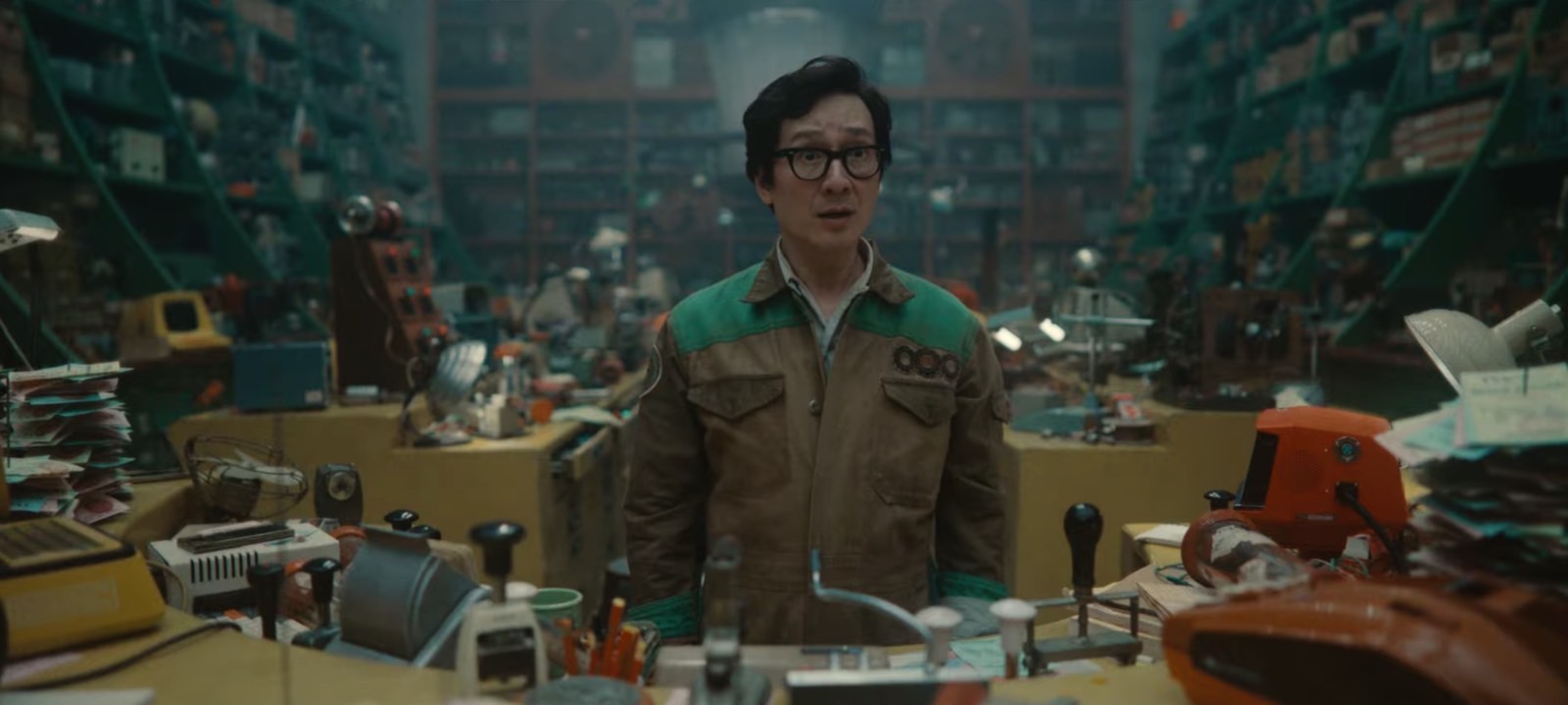
The TVA’s renewed importance
Even Alioth seems to be there, which means the Void is still there. That’s where Renslayer is and where some of the Deadpool 3 action will occur.
This means we might see some of these characters in upcoming movies. I didn’t reference Deadpool 3 accidentally. The TVA might play a big part in the sequel, with rumors saying that it’ll be responsible for raising a multiversal army to fight the Kangs. It might all start with Deadpool (Ryan Reynolds) and Wolverine (Hugh Jackman).
This TVA isn’t the ruthless organization that would prune everything for the greater good. And, on that note, the Loki season 2 finale also extends Mobius’s arc. We learn that he was a Hunter once, and a mistake might have turned him into an analyst. He briefly spared a variant that would have killed 5,000 people, and that cost Mobius the lives of other hunters.
The end of Loki season 2 also shows that those at the TVA, the billions of people working in this place outside of time, still believe they have a purpose. Even Mobius, though he needs some time off to explore what having a life would have been.








